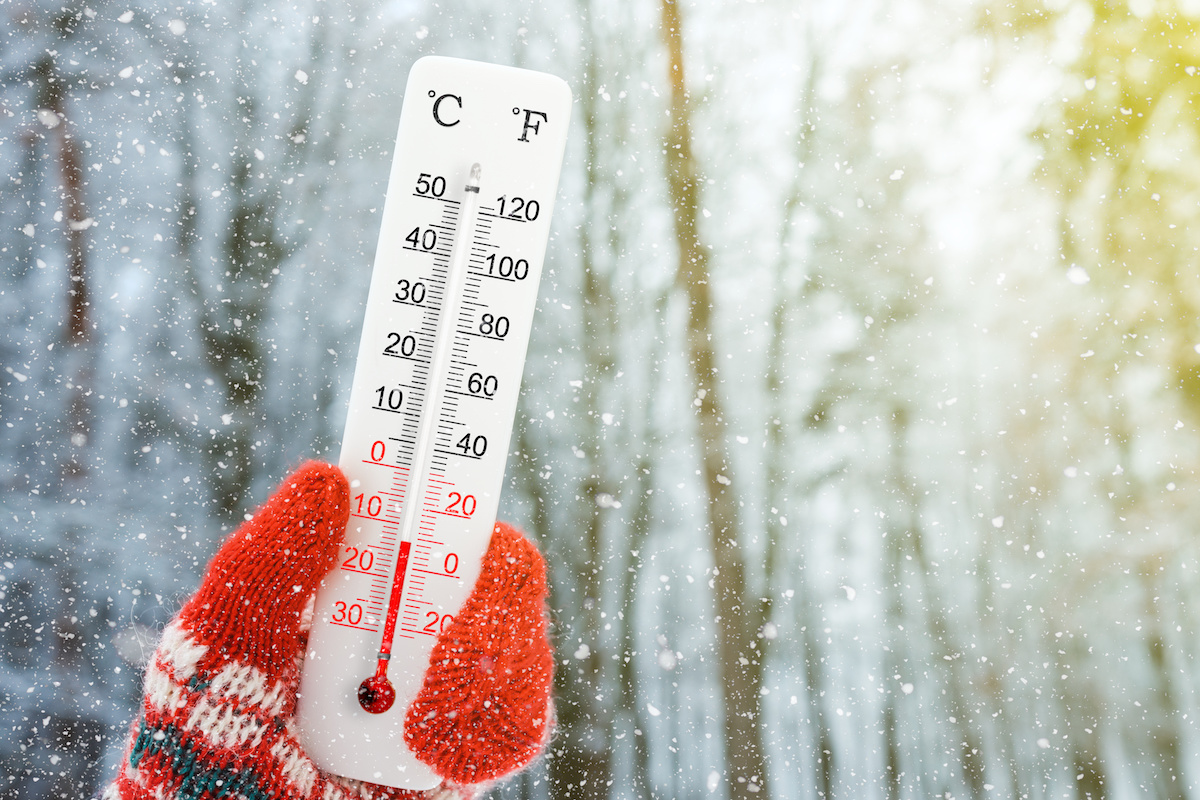Seasonal
Hot Weather Advice
How to cope in a heatwave
The main risks posed by a heatwave are:
-Dehydration (not drinking enough water)
-Overheating, which can make symptoms worse for people who already have problems with their heart or breathing
-Heat exhaustion and heat stroke
If you or someone else feels unwell with a high temperature during hot weather, it may be heat exhaustion or heat stroke.
Signs of heat exhaustion and heat stoke, and when to get help
Heatwave : How to cope in hot weather
A heatwave can affect anyone, but the most vulnerable people are:
-Older people – especially those over 75
-Those who live on their own or in a care home
-People who have a serious or long term illness – including heart or lung conditions, diabetes, kidney disease, Parkinson’s disease or some mental health concerns
-Those who may find it hard to keep cool – babies and the very young, the bed bound, those with drug or alcohol addictions or those with Alzheimer’s disease
-People who spend a lot of time outside or in a hot place- those who live in a top floor flat, the homeless or those whose jobs are outside
If you have concerns about an uncomfortably hot house that’s affecting your health or someone else’s, get medical advice.
Tips:
-Look out for those who may struggle to keep themselves cool and hydrated
-Stay cool indoors – keep your home cool: close curtains in rooms that face the sun to keep indoor spaces cooler(It may be cooler outdoors than indoors)
-Drink plenty of fluids and avoid excess alcohol
-Never leave anyone in a parked vehicle, especially infants, young children or animals
-Try to keep out of the sun between 11.00 am and 15.00 pm
-If you have to go out in the heat, walk in the shade, apply sunscreen regularly and wear a wide brimmed hat
-Avoid exercising in the hottest parts of the day
-Make sure you take water out with you, especially if you are travelling
-Take care and follow local safety advice if you are going into open water to cool down
You can also get help from the environmental health office at your local authority. They can inspect a home for hazards to health, including excess heat : Find your local authority
Winter Health
Cold homes have a significant impact on people’s health. One of the best ways of keeping yourself well during winter is to stay warm.
Keeping warm over the winter months can help prevent colds, flu or more serious health conditions such as heart attacks, strokes, pneumonia and depression.
The chances of these problems are higher if you are vulnerable to cold-related illnesses because of one or more of the following:
-You are over 65
-You are on a low income (so cannot afford heating)
-You have a long-term health condition such as heart, lung or kidney disease
-You are disabled
Flu is a highly infectious illness that can spread rapidly.
If you are at risk of complication from flu, you may be eligible for a free flu jab.
How to stay warm:
The government’s advice on getting ready for winter aims to reduce cold-related illness and deaths, Key tips include:
-Keep your home warm. Your main living room should be between around 18-21 C (65-70 F) and the rest of the house at a minimum of 16 C (61 F). You can also use a hot water bottle or electric blanket (but not at the same time) to keep warm while you are in bed.
-Eat well. Food is a vital source of energy, which helps to keep your body warm.Try to make sure that you have hot meals and drinks regularly throughout the day and keep active in the home if you can.
-Wrap up warm, inside and out. Layer your clothes to stay warm and wear shoes with a good grip if you need to go outside. If possible, stay inside during a cold period if you have heart or respiratory problems.
-Check on older neighbours or relatives to make sure they are safe and well.Make sure they are warm enough, especially at night, and have stocks of food and medications so the do not need to go out. If you are worried about a relative or an elderly neighbour, contact your local council or ring Age UK helpline on 0800 00 99 66.
Cold weather benefits
You may also be able to claim financial and practical help with heating your home. Grants available include the Winter Fuel Payments and Cold Weather Payments.
Winter Fuel Payments of up to £300 are available if you were born on or before July 5 1951.
To find out more about Winter Fuel Payments, call 0845 915 1151 (8.30 am-16.30 pm Monday-Friday, text phone 0845 601 5613) or visit Winter Fuel Payment
Cold Weather Payments may be available to you if you receive certain benefits or have a child who is disabled or under the age of five.
To find out more about Cold Weather Payments contact Job centre Plus (you can find the nearest office in the phone book) or visit Cold Weather Payment
The Energy Saving Trust (EST) has advice on how to reduce bills and make your home more energy efficient. They can also advise on grants and schemes available around the UK. Find out more online from the EST website or call 0300 123 1234 (9.00 am-20.00 pm Monday-Friday and 10.00 am-14.00 pm Saturday).
For more information on cold weather benefits and other help available read the ‘Financial help to heat your home’ section in the Keep Warm, Keep Well leaflet.


